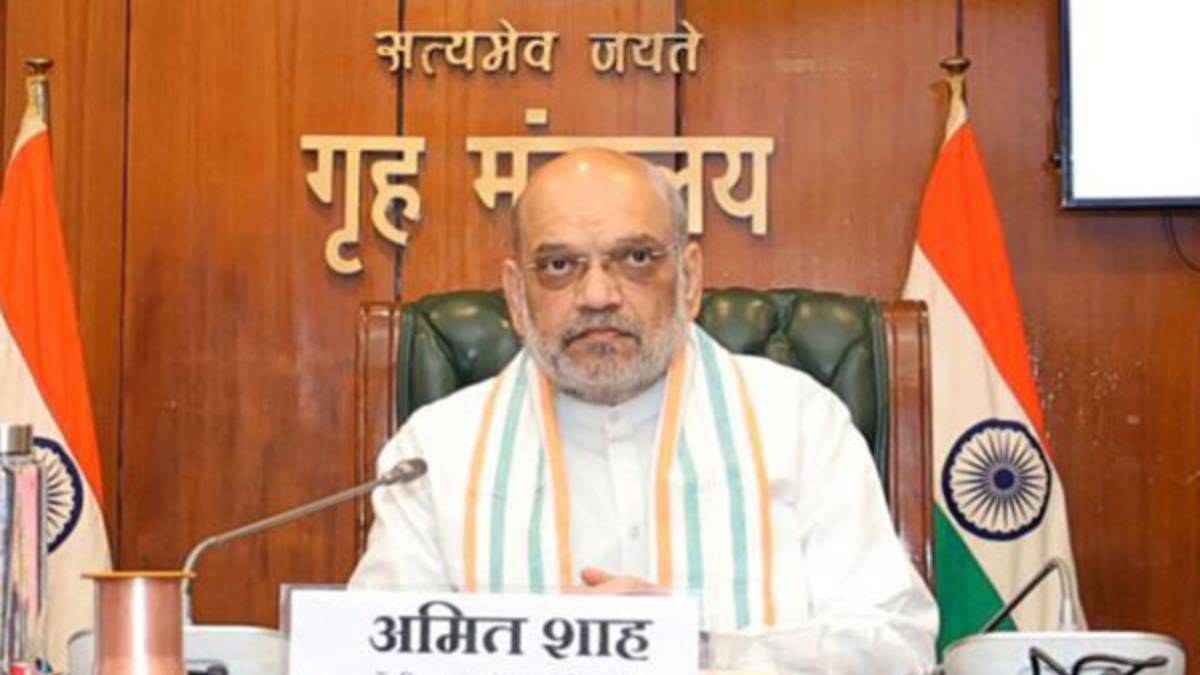Union Home Minister Amit Shah is set to chair a high-level meeting at his residence in New Delhi on Friday evening to review India’s decision to suspend the Indus Waters Treaty with Pakistan. The meeting will be attended by Union Jal Shakti Minister CR Patil and senior government officials.
According to sources, India has formally notified Pakistan in writing about the suspension of the treaty. The Secretary of India’s Ministry of Jal Shakti, Devashree Mukherjee, sent an official communication to Syed Ali Murtaza, Secretary of Pakistan’s Ministry of Water Resources, outlining the Indian government’s decision and proposed amendments under Article XII(3) of the treaty.
The notice cited several fundamental changes since the treaty was signed in 1960, including altered population demographics, the urgent need for clean energy development, and evolving water distribution challenges. The letter also emphasized that treaties must be honored in good faith, accusing Pakistan of violating this principle through sustained cross-border terrorism in Jammu and Kashmir.
The communication added that Pakistan has failed to respond to India’s repeated requests to enter into renegotiations, thereby breaching the treaty. As a result, the Indian government has decided to hold the Indus Waters Treaty in abeyance with immediate effect.
This decisive move comes in the wake of the Pahalgam terror attack on April 22, in which 26 tourists, including one Nepali national, were killed. In response, the Cabinet Committee on Security (CCS)—chaired by Prime Minister Narendra Modi—met on April 23 and endorsed a series of countermeasures, including the suspension of the treaty.
Jal Shakti Minister CR Patil has since held a series of meetings to expedite the implementation of the decision, as directed by the Prime Minister.
Signed in 1960 after nearly a decade of negotiation—mediated by the World Bank—the Indus Waters Treaty is considered one of the most resilient international agreements. It governs the water-sharing of six rivers: Indus, Jhelum, Chenab, Ravi, Beas, and Sutlej. Under the terms, India controls the eastern rivers (Ravi, Beas, Sutlej), while Pakistan controls the western ones (Indus, Jhelum, Chenab).
With this landmark treaty now suspended, the move signals a significant diplomatic escalation following recent hostilities and could reshape water politics in the region.





